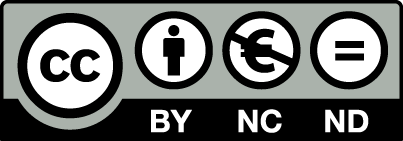Krytyka Prawa. Niezależne studia nad prawem
Korematsu. Too Early for the Court of History
Akademia Leona Koźmińskiego, Kolegium Prawa
Abstract
In 1942 the American military authorities interned over 120 thousand persons of Japanese ancestry in fear of sabotage on behalf of Japan. In a landmark 1944 case the Supreme Court rehabilitated Fred Korematsu but upheld constitutionality of the wartime laws leading to the internment. As transpired later, there was no evidence of the Japanese-Americans’ forming a fifth-column. The court decision was criticized as unconstitutional and driven by racism. In view of the dissenting judges and commentators it was condemned by the court of history. This article claims that the original decision was justified by the circumstances of the war, including the uncertainties it brought with it. Unless we equip the government with the power of clairvoyance, it has to be able to act, and even err, in emergency. The debate around Korematsu ignored the previous experience of both World Wars in which German fifth columns were active and effective. One such eyewitness account, not known in Western literature, is presented in the article. Modern his-tory confirms that the fifth column as such is a timeless phenomenon. The fear of hybrid wars techniques, justified or not, has led to the reemergence of the fifth column legislation in XXI century, although the range legal instruments intended to contain it is different. It is too early for judges and scholars to speak authorita-tively on behalf of the court of history, for history is still in the making.




